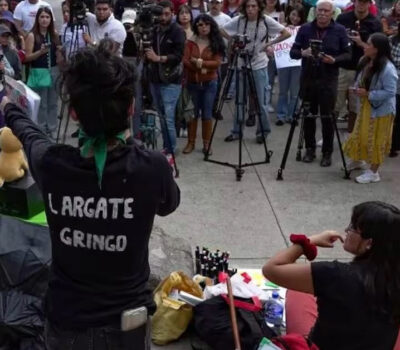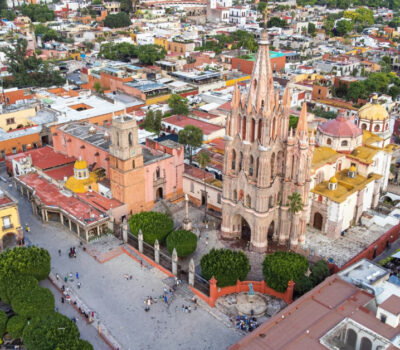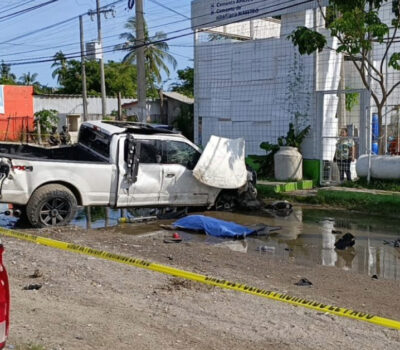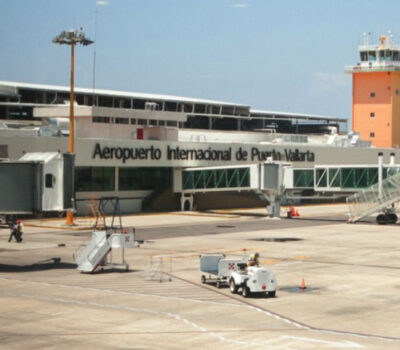Spring forward, Fall back could become a thing for the history books in Mexico next year as the slow gears of lawmaking have finally reached their last push and time changes in Mexico could officially end next June with a full congressional vote.
Continue reading











